Probate / Estate Administration
You might here the term "probate" and wonder what it means or what the process entails. Simply put, whether your loved one passed away with or without a will, his or her estate assets typically go through probate court. During this process, a personal representative will be appointed to carry the administration of the estate. It is only after all funeral and burial expenses, attorneys' fees, and the decedent's debts are paid that the beneficiaries will receive their portion of whatever is left of the estate. Most people elect to create trusts to avoid the probate court process of court supervision, costs, and the length of the process.
Each state has a different probate process, however, the general steps can be summarized by the following procedure:
Filing a petition or application with the applicable probate court.
Notifying the interested parties/heirs of the decedent of the petition or application for probate.
Appointment of the personal representative or the executor of the estate.
Notifying the decedent's appropriate creditors (typically by publication) and also publishing to the court the worth of the decedent's estate.
Statutory payment of probate administration fees.
Distributing the estate assets to the beneficiaries of the decedent's estate.
Closing out the estate and filing the appropriate documents with the probate court.
Frequently Asked Questions
Why do some people choose a will over a trust?
Most people have a misconception about trusts. They believe that trusts are only for the wealthy or those with significant assets. When people are educated about the advantages of a will over a trust, most people elect to plan their estate using trusts. Trusts also avoid probate court and wills do not. However, trusts are typically more expensive than wills but usually save the client money and headache in the long-run.
What is probate?
Probate is essentially administering the assets of a decedent by paying off the decedent's creditors and dividing the remaining assets to the decedent's beneficiaries.
Certain types of assets are “non-probate assets” and do not go through the probate process. These include:
Assets held in joint tenancy.
Assets with beneficiary designations such as retirement accounts and IRAs.
Life insurance policies.
Properly designated bank accounts.
Property funded into a trust.
What are the advantages and disadvantages of probate?
The advantages are that the court oversees the supervision of the decedent's estate and there is a structured process for the executor of the estate to follow. Some disadvantages are that the court oversees the supervision of the decedent's estate, meaning that the executor of the decedent's estate has to make multiple trips back and forth to and from court, wait in long probate lines, pay court filing fees, and likely deal with delays of the probate court process. The process to settle a decedent's probate estate typically takes a minimum of eight months to one year for the average and less complicated estate.
